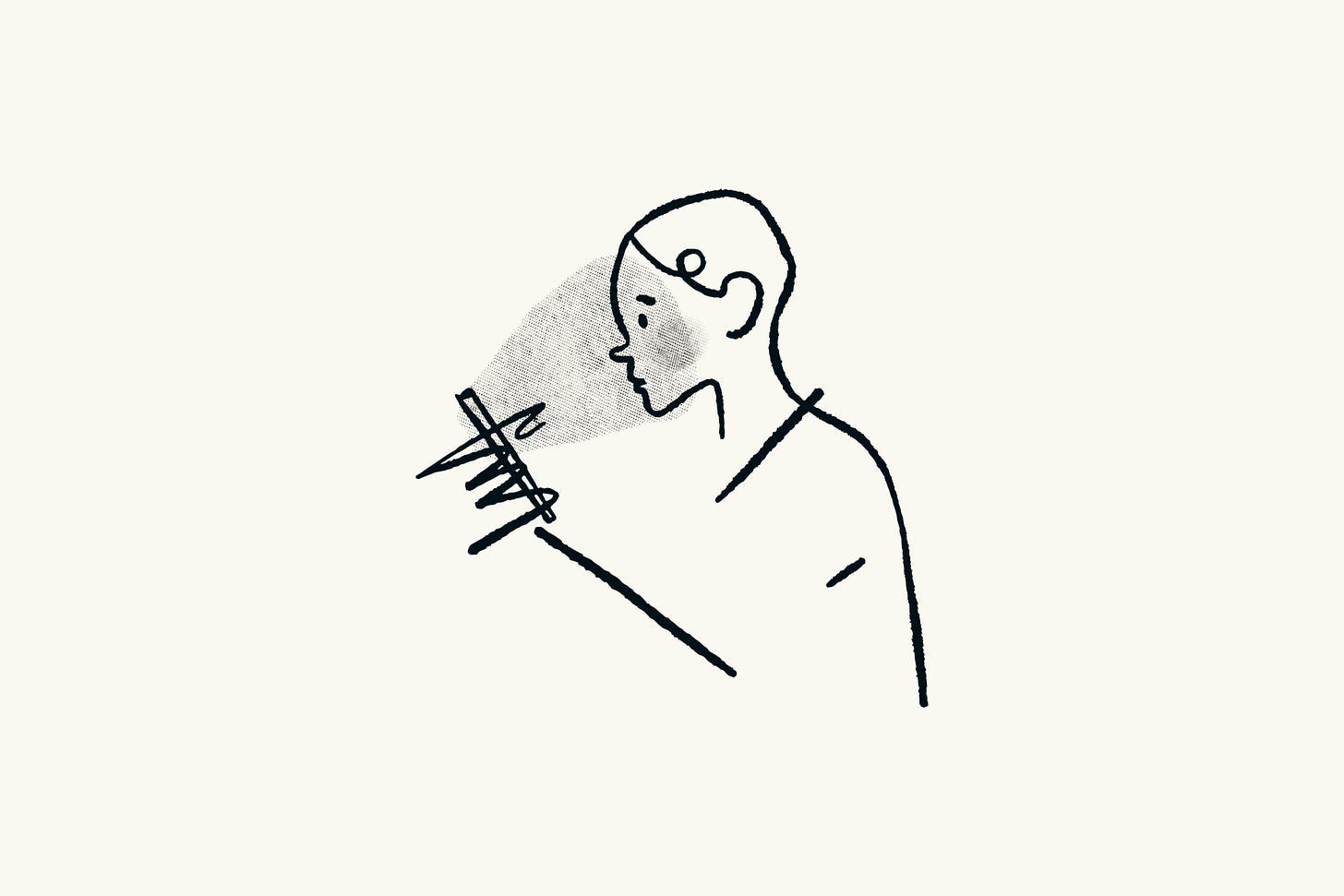The new system I adopted gave me more time and peace of mind.

I am a big fan of the book "Make time" by Jake Knapp and John Zeratsky. It changed how I think about productivity and helped me get more value out of the time I have. One thing that struck me while reading the book was to reduce the amount of news consumption.
I am notoriously bad at keeping up with the news, forgetting about things I read or listened to and having those regretful moments where I feel uninformed and stupid. I worked at a media company for several years and helped design new products. One key goal was to ensure that our readers feel informed, but we also wanted to ensure that we have high engagement on the platform and that readers come often and stay long.
Besides my personal experience, there is enough reliable research that shows that news consumption will impact our productivity and mood, perceived safety, and well-being. This is because the breaking news runs on a very potent myth: You need to know what is going on worldwide, and you need to know now. Therefore, you can not just ignore the news.
Jake and John recommend reducing the news consumption overall. But what I liked was John thinking of switching to a weekly model. His stance is that important news will always find you and that most other information you consume will not impact how you will live your life or how you would need to adjust your behaviour. So I decided to give it a go and start consuming news weekly.
Firstly I removed all the news apps from my phone and unsubscribed from all the morning briefing newsletters. I also stopped all my news podcast subscriptions. I then started to look for weekly news providers. I shortlisted Time and The Economist. I was always a big fan of The Economist.
Furthermore, The Economist focuses better on Europe and Asia, which is essential to me. As John suggested, I tried to have one day a week where I read the news. This approach did not work for me at all. Since The Economist is a weekly magazine, I am spreading the reading and listening (it comes as an audio version) over the whole week.
The Economist has around 100 pages per issue which is way too much. So I decided to stop feeling guilty about not reading The Economist front to back. I am always reading the global news updates and the cover story and only picking things I am interested in. Then, once the week is over, I get the new issue, and I am happy with how far I've gotten in the last case.
I have been running this experiment for two months now, and it has had a very positive impact on my well-being:
- I feel less stressed about catching up with all the different news sources. I don't waste time skimming other front pages, and my mailbox stops filling up with briefings I can't keep up with.
- My anxiety about not keeping up to date has significantly reduced. Having a finite selection of high-quality articles also minimised the need to choose what to read.
- And most importantly, if there were any real breaking news, they always found me.
If you love getting your daily news fixed, I am not advocating that you should change that. Instead, I think it is worth reflecting upon how much time we spend catching up with news and how much-added value we get from the time spent.
Changing my default behaviour brought more calm to my mind and freed up some time during the week. In addition, reading the news is again a treat for me. So for me, this change was worth it.